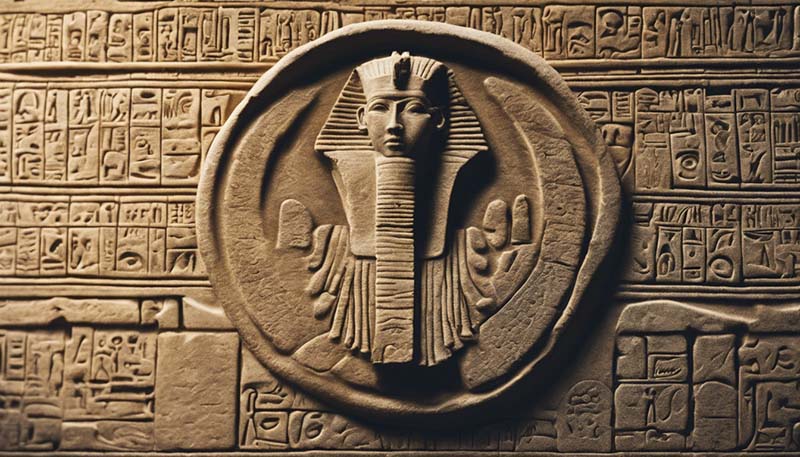The Rosetta Stone: Unlocking the Secrets of Ancient Egypt
Introduction
The Rosetta Stone,discovered in 1799,is one of the most significant artifacts in the history of archaeology and linguistics.It was the key to deciphering Egyptian hieroglyphs,which had been a mystery for centuries.This article will explore the history of the Rosetta Stone,its discovery,and the impact it has had on our understanding of ancient Egypt.
History of the Rosetta Stone
The Rosetta Stone is a granodiorite stele inscribed with a decree issued in Memphis,Egypt,in 196 BC.The decree appears in three scripts: the upper text is ancient Egyptian hieroglyphs,the middle portion is Demotic script,and the lowest is Ancient Greek.The significance of the Rosetta Stone lies in the fact that it presents the same text in all three scripts,
allowing scholars to compare them and decipher the hieroglyphs.Discovery of the Rosetta Stone
The Rosetta Stone was discovered by French soldiers during Napoleon Bonaparte's campaign in Egypt in 1799.They found the stone near the town of Rashid (Rosetta in English),which is where it gets its name.After the French were defeated,the stone became a British possession under the terms of the Capitulation of Alexandria in 1801.
Deciphering the Hieroglyphs
The work of deciphering the hieroglyphs on the Rosetta Stone was primarily done by Jean-François Champollion,a French scholar.By comparing the Greek text with the other two scripts,Champollion was able to identify the phonetic values of many hieroglyphs and establish the basis for translating ancient Egyptian texts.
Impact on Egyptology
The decipherment of the Rosetta Stone opened the door to a new era in Egyptology.
It allowed scholars to read and understand Egyptian texts,inscriptions,and religious documents,which in turn led to a deeper understanding of the culture,history,and beliefs of ancient Egypt.Conclusion
The Rosetta Stone remains one of the most important artifacts from ancient Egypt.Its discovery and subsequent decipherment have had a profound impact on our understanding of this fascinating civilization.The Rosetta Stone stands as a testament to the persistence of human curiosity and the desire to unlock the mysteries of the past.
Photograph: The Rosetta Stone on display at the British Museum.